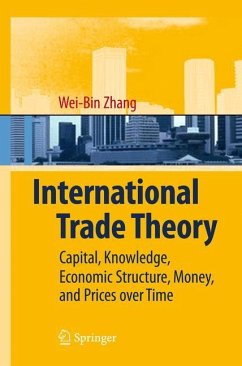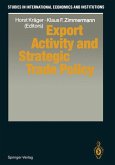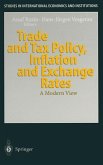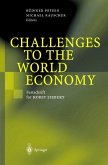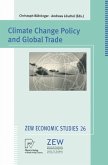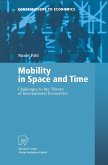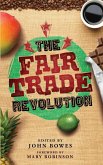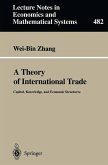The development of international trade theory has created a wide array of different theories, concepts and results. Nevertheless, trade theory has been split between partial and conflicting representations of international e- nomic interactions. Diverse trade models have co-existed but not in a structured relationship with each other. Economic students are introduced to international economic interactions with severally incompatible theories in the same course. In order to overcome incoherence among multiple theories, we need a general theoretical framework in a unified manner to draw together all of the disparate branches of trade theory into a single - ganized system of knowledge. This book provides a powerful - but easy to operate - engine of analysis that sheds light not only on trade theory per se, but on many other dim- sions that interact with trade, including inequality, saving propensities, education, research policy, and knowledge. Building and analyzing various tractable and flexible models within a compact whole, the book helps the reader to visualize economic life as an endless succession of physical ca- tal accumulation, human capital accumulation, innovation wrought by competition, monopoly and government intervention. The book starts with the traditional static trade theories. Then, it develops dynamic models with capital and knowledge under perfect competition and/or monopolistic competition. The uniqueness of the book is about modeling trade dyn- ics.
Bitte wählen Sie Ihr Anliegen aus.
Rechnungen
Retourenschein anfordern
Bestellstatus
Storno

